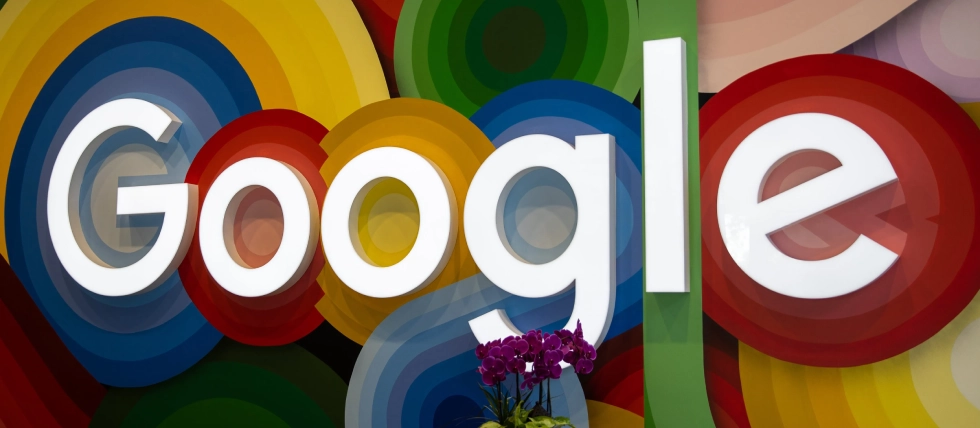Google Revises Gambling Ads Policy with Stricter Guidelines
Google has announced upcoming changes to its Gambling and Games advertising policy, which are due to take effect on April 14.

Ahead of the official rollout, the company has provided a preview of the revised guidelines so that those affected can begin to prepare for the new rules. One of the most important updates is the refined definition of “gambling” and “gambling-promoting content.” Under the new policy, any content that directly links to online gambling services or facilitates gambling activities will be classified as gambling-promoting. This clarification means that affiliate and aggregator websites must focus on providing information or comparisons about authorized gambling services. Any deviation from this scope will face restrictions.
Far Reaching New Restrictions
The existing policy generally references “country restrictions”, but the revised version provides a detailed list of nations that allow or prohibit various forms of gambling. In particular, the new guidelines explicitly mention countries where offline gambling ads are entirely banned, including Bulgaria, China, and Egypt.
Additionally, the policy introduces specific rules for games at social casinos, which outline which regions require a separate certification process and where such ads can be legally displayed.
Furthermore, the update introduces a specific restriction on promoting Mahjong games involving real money in the Asia-Pacific region. Previously, Mahjong was not explicitly addressed in Google's policy.
Notably, the definition of “online gambling” now extends to any game traditionally associated with casinos, even if they use virtual currencies or items that hold real-world value. The new policy also introduces a distinction between traditional gambling and “online non-casino games.”
This new category covers skill-based games, in order to provide greater clarity to advertisers regarding when special certifications may be required. If a skill-based game qualifies as gambling under local laws, advertisers must comply with all gambling-related restrictions and obtain the necessary approvals.
Related: Google Tightens Advertising Rules for German Gambling Market
More Technology News
 Technology
Technology
Kalshi Partners with Musk's xAI to Bring Grok to Kalshi's Prediction Markets
Jul 30, 2025Stricter Licensing and Certification Requirements
The revised policy places greater importance on maintaining valid gambling licenses and registrations. Advertisers must notify Google if their gambling licenses are suspended, revoked, or terminated. Running gambling ads without valid documentation may result in account suspension and while this requirement existed in the past, the update stresses its importance.
The updated policy includes clarifications regarding social casino games. Those promoting social casino games must apply for certification and maintain separate accounts if they also advertise real-money gambling content. Additionally, the new policy explicitly bans real-money gambling ads from being displayed within social casino games or their associated websites.
Google considers violations of its social casino game advertising policy to be “egregious,” which means that accounts found in breach may face immediate and permanent suspension. While similar consequences existed under the previous policy, the update stresses the strict enforcement measures for non-compliance in the social casino gaming sector. More broadly, repeated or severe violations of any gambling-related policies could also lead to account suspensions.
RELATED TOPICS: Technology
Most Read
Nevada Official: Steve Wynn Agreed to $10 Million Fine After Witness List Included Ex‑Wife
Dec 08, 2025Must Read
 Interviews
Interviews
Exclusive Interview: Levon Nikoghosyan Shares AffPapa Winning Formula for Successful iGaming Events
Dec 03, 2025 Interviews
Interviews








Review this New Post
Leave a Comment
User Comments
Comments for Google Revises Gambling Ads Policy with Stricter Guidelines